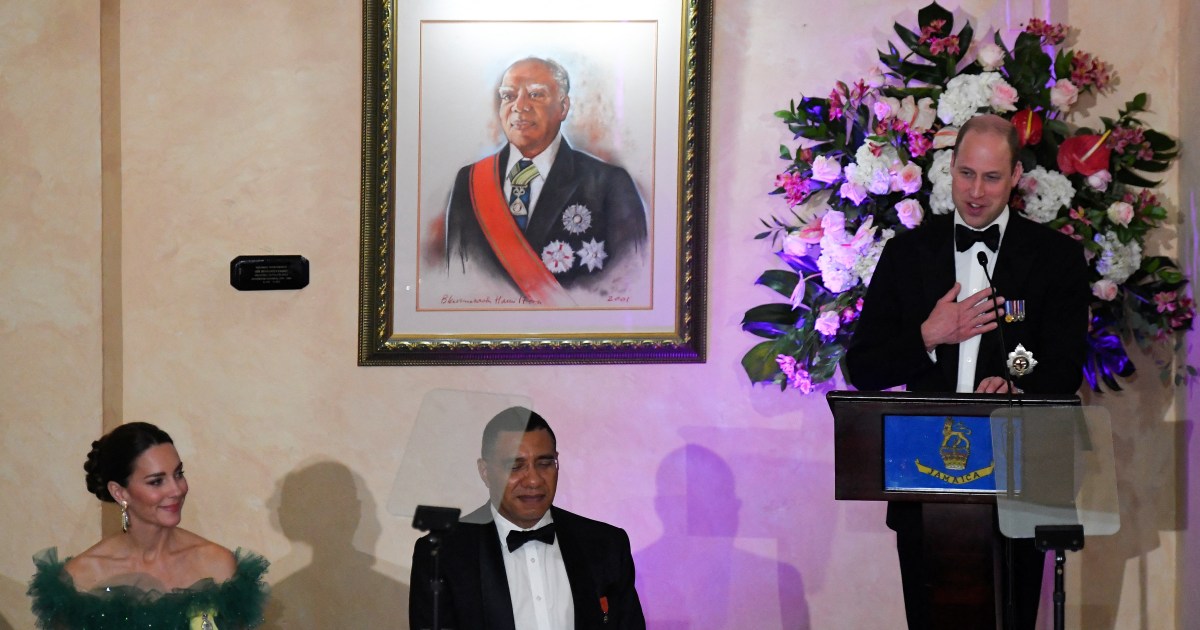The British newspaper, The Times, commented on the future of the Commonwealth (a political union of 54 countries that were almost all former territories of the British Empire) that despite the warm reception of the Duke and Duchess of Cambridge, Prince William Charles and his wife Kate Middleton, Jamaica is set to become a republic, and all will follow suit. Commonwealth countries almost followed suit soon.
And the newspaper said in its editorial yesterday that it should not come as a surprise, because the Prime Minister of Jamaica, Andrew Holness, did not hide his desire to see his country turn into a republic and to abandon the constitutional link with the British monarchy.
This was a mainstay of his successful election campaign.
But his actual declaration, when he welcomed the Duke and Duchess of Cambridge, by saying 'we are moving forward' and that Jamaica would fulfill its destiny as an 'independent, developed and prosperous nation', confused Prince William with a faint smile covering his face, because royal tours are rarely marked by the rejection of the British throne and its heirs.
The Caribbean is one of the last places, along with Canada, Australia and New Zealand, where the Queen is still the head of state, and the islands and former colonies go one by one their own path.
The newspaper pointed out that the Caribbean is one of the last places, along with Canada, Australia and New Zealand, where the Queen remains the head of state.
One by one, islands and former colonies go their own way.
Guyana became a republic in 1970, followed by Trinidad and Tobago in 1976. The Dominicans in 1978, and Barbados last year.
The Times hinted that upon assuming the throne 70 years ago, the Queen was automatically the head of state in almost all the nations of the Commonwealth, with the exception of India.
It now heads 16 countries in addition to the various dependent territories from 54 countries.

